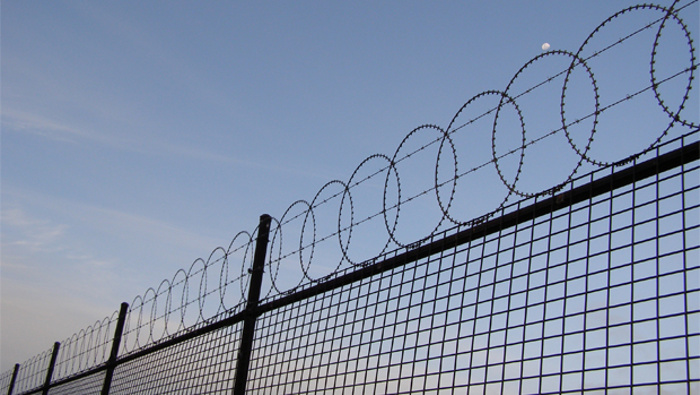Follow
the podcast on


As if our justice system wasn’t soft enough already, I see they’re now handing out further reductions in sentences if you had a tough childhood.
‘Mongrel Mob members in lucrative drug ring get reduced prison time for horrific childhoods" read a headline yesterday. The story went on to say that, “Two Mongrel Mob members sitting near the top of a sophisticated drug ring were jailed after admitting their roles in the commercial-scale manufacture and supply of methamphetamine across the Waikato. The pair received hefty reductions in their prison sentences for admitting guilt and the "horrific" circumstances of their childhood, the trauma of which a judge said led to their gang affiliations and criminal offending later in life.”
So, let’s get this straight. These two Mongrel Mob gang members "oversaw the manufacture" and day to day dealing of meth, in "clandestine labs", were placed in the second-highest category of meth offending based on the quantity of drugs and yet, they got their sentences reduced, because their childhood was rough. Firstly, how do you define rough? And who defines it? And does it differ if you get, as these two did a "cultural report" done, as opposed to just a psych report? Are cultural reports new? Who’s entitled to those? And then, if you meet this seemingly new criteria of "rough childhood", how much is your sentence reduced by? And how rough does it have to be to have it markedly reduced?
In this case, one of the offenders had his sentence reduced 25 percent for pleading guilty early, "a further 25 per cent discount for his relevant background ie – childhood trauma", "and another 5 per cent to assist his rehabilitation." So all up, he got his sentence reduced 55 percent. He was due to serve more than 12 years, he will be out in 5. The other offender also got the 25 per cent discount for the guilty plea, and an additional "15 per cent discount for his dysfunctional childhood ,and another 15 per cent for rehabilitation". He’ll serve 4 and half years instead of 10 years 6 months.
So what is the message we’re sending here? The more horrific your childhood, the less time you’ll serve in jail. The rougher you can prove things were for you, the more it benefits you later. And is that the case for everyone? If you grew up in a middle class money laundering outfit with a family of high net worth fraudsters, are you shown leniency later in life because that’s all you knew? Or does this just apply to gang members?
Does rough childhood have to mean gang affiliations, or can it also include sex pests and abusers? If you are the child of a rapist, and you go on to commit rape, is there a discount because committing rape is all you knew? Where do we draw this line? There is something fishy about this which doesn’t sit well with me from the point of view of the victims, from the point of view of Police who work so hard to get these convictions in the first place, from the point of view of an overall message we are sending as a society.
What we're saying is, if you’re a gang member peddling meth, you won’t get locked up for too long if you can get a cultural report done and prove your childhood was rough. Judges have become afraid to put people in jail, they’re finding too many excuses to keep them out, and we wonder why we have gang and crime issues surging in this country.
LISTEN ABOVE
Take your Radio, Podcasts and Music with you









